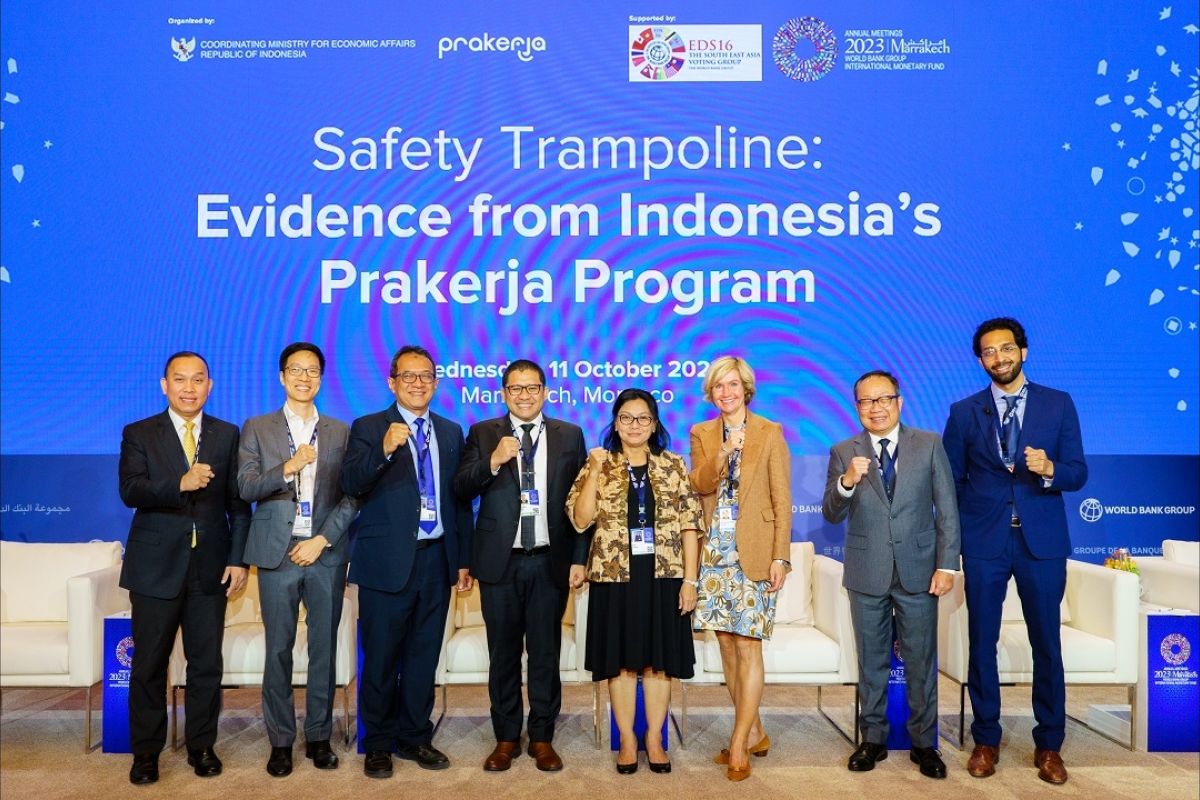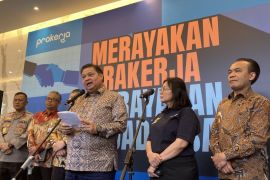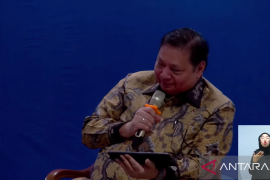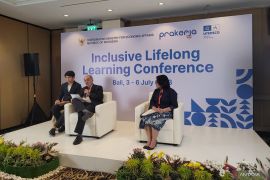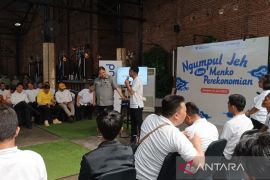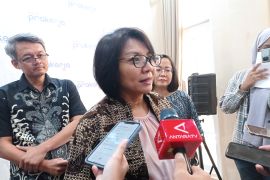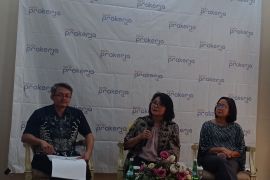The program was devised by President Joko Widodo’s administration.
As per the research findings, the Prakerja Program has benefited the people, both during its implementation under the semi-bansos (social aid) scheme in the 2020–2022 period and the normal scheme that is currently underway.
Given that Prakerja has proved instrumental in helping Indonesia’s workforce, the government is planning to ensure the continuation of the program.
Coordinating Minister for Economic Affairs, Airlangga Hartarto, has expressed optimism that Prakerja would continue to run even after a shift of power following the 2024 General Elections.
“The current administration wields the right to determine the budget for next year. Hence, if we propose featured programs, such as Prakerja, in the 2024 State Budget, then this program can continue,” he said at an event held to disseminate the results of the Prakerja research in Jakarta on November 23, 2023. The event was themed "Continuous Improvement, Evidence-Driven Decision-Making."
During the event, which was guided by Professor Bambang Brodjonegoro of University of Indonesia (UI), Hartarto said he believes that Prakerja could become a program that connects workers with job opportunities.
He opined that in the future, there will be more job vacancies in the digital sector. Bearing that in mind, Prakerja is offering training courses focused on developing people’s digital skills, such as the Artificial Intelligence Talent Program launched in collaboration with Microsoft, he pointed out.
Trisha Suresh, LinkedIn’s head of public policy and economic graph for Southeast Asia, made a similar statement, saying that Indonesia will need to produce more digitally capable talents.
“Ten of the 15 fastest growing jobs in Indonesia are those that require digital skills,” she said.
Meanwhile, the executive director of Prakerja, Denni Puspa Purbasari, informed that since its launch in 2020, Prakerja has helped as many as 17.5 million people from 514 districts/cities in Indonesia.
As a fresh program, Prakerja has continued to improve by taking into account the assessments and suggestions made by research institutions, she said.
“We have been involved in plenty of surveys. This is good for continuously improving Prakerja,” she added.
Country director of Asian Development Bank (ADB) Indonesia, Jiro Tominaga, on his part, said that ADB is committed to helping the Indonesian government develop Prakerja by funding surveys by independent institutions.
The Prakerja Program has been claimed to be in keeping with 8 of the 17 sustainable development goals (SDGs).
Bagus Santoso, founder of DEFINIT, said that during the research carried out by his institution, 98.8 percent of respondents admitted to being satisfied with the various online and offline training activities conducted by Prakerja.
The research, funded by the ADB, also showed that a majority of respondents found the training funds of Rp3.5 million (US$224.7) and post-training incentives of Rp600 thousand (US$38.5) appealing.
The research involved a total of 2,972 respondents and was carried out from June 8–30 this year.
Meanwhile, speaking about the research it conducted with the support of the ADB, CIPG said that the Prakerja Program, which was launched during the COVID-19 pandemic, has been playing a crucial role in recovering the national economy.
CIPG’s deputy for knowledge and innovation, Mona L. Usmani, outlined her party’s findings while noting that the pandemic hit the country’s economy even harder than public health.
“Eighty-seven percent of the respondents said they were not really concerned about getting infected with COVID-19. With that in mind, we believe that the people are more sensitive to an economic crisis than a health one,” she elaborated.
CIPG’s survey was conducted from December 2022 to January 2023 and drew participation from 385 respondents. CIPG held interviews with the respondents and asked them about their economic condition before and after they registered as Prakerja beneficiaries during the pandemic era.
Meanwhile, the research conducted by Svara Institute spotlighted the availability and connectivity of internet networks in supporting Prakerja training courses, which were held virtually during the pandemic.
A senior researcher at Svara Institute, Widdi Mugijayani, informed that the institution’s research showed a significantly positive correlation between Prakerja training courses and the quality of internet connection.
“The presence of base transceiver stations has also contributed to the efforts to boost the competency, productivity, competitiveness, and entrepreneurship skills,” Mugijayani said.
Several panelists, who are academics at UI, responded to the results of the three separate research endeavors at the event. Most of the panelists lauded Prakerja for its role in producing skilled and ready-to-work youth.
“Prakerja has been preparing people to compete in job markets. It has been organizing a marketplace that offers training courses instead of goods,” said Teguh Dartanto, the Dean of UI’s Faculty of Economy and Business.
Meanwhile, Turro Seltris Wongkaren, head of UI’s Institute of Advanced Studies in Economics and Business, expressed the hope that Prakerja would also target senior workers besides younger ones.
“In the future, we can expect to see an increase in the number of elderly people. However, it should be noted that before entering old age, people will initially hit the senior age range of 40–50 years. Hence, in order to sustain the program, it is necessary to pay attention to the needs of senior workers,” Wongkaren added.
Related news: Expect Prakerja to continue under next govt: Minister Hartarto
Related news: Indonesia is paragon in promoting lifelong learning: UNESCO
Related news: Govt aiming to register one mln Prakerja beneficiaries in 2023
Translator: Zubi M, Tegar Nurfitra
Editor: Azis Kurmala
Copyright © ANTARA 2023
